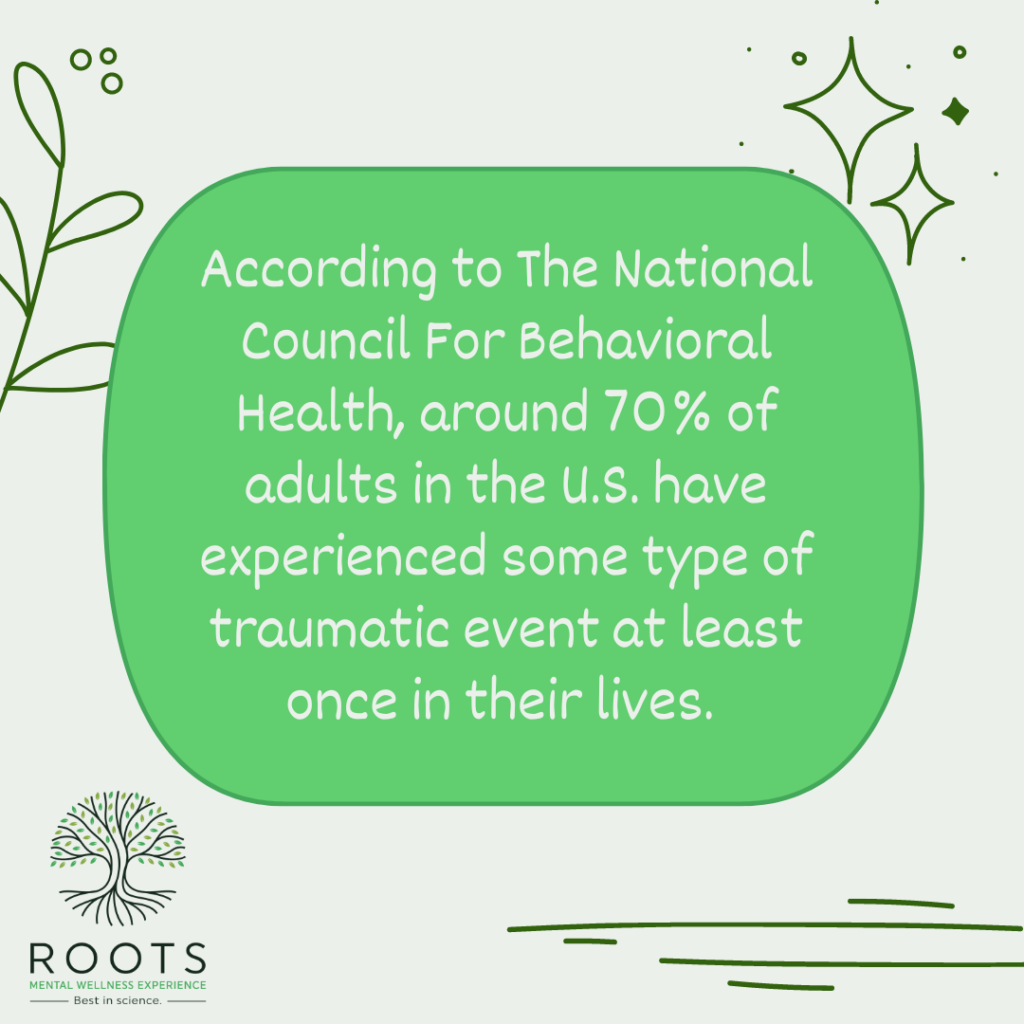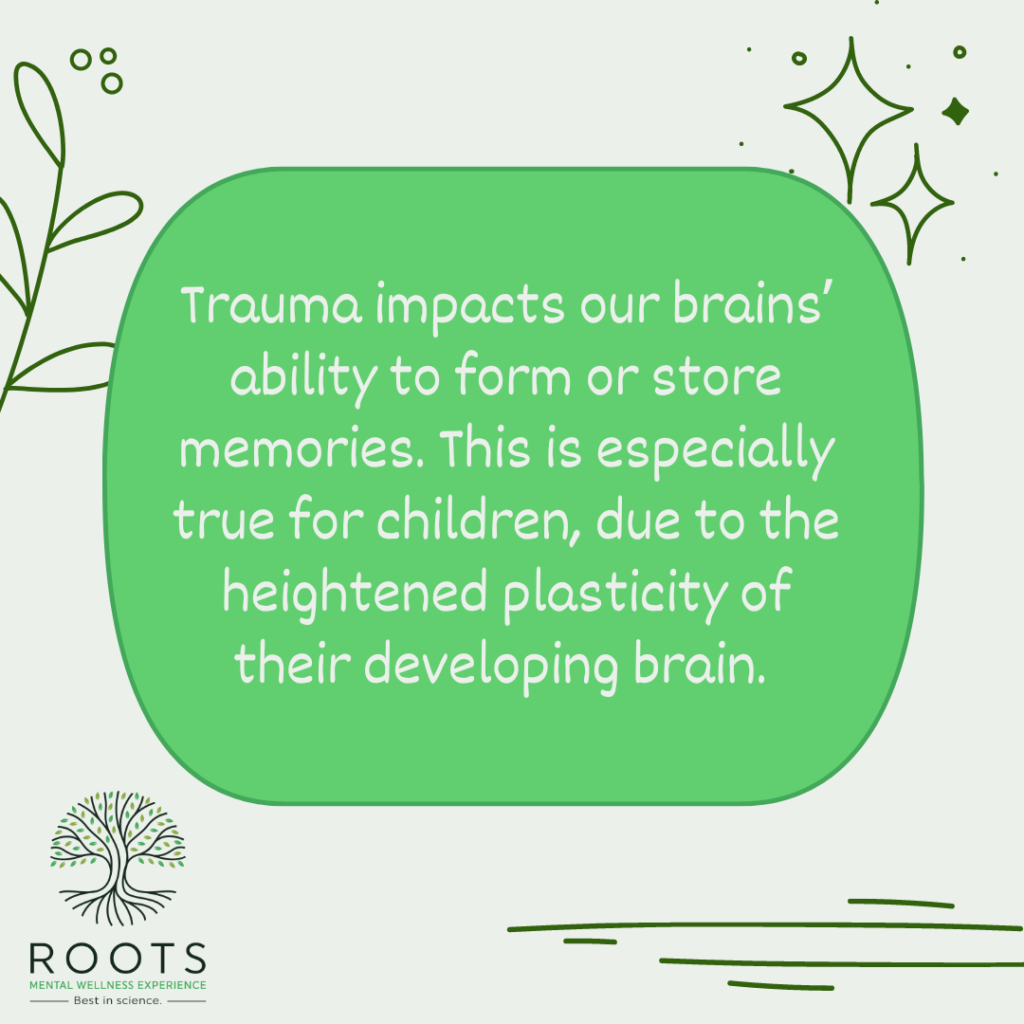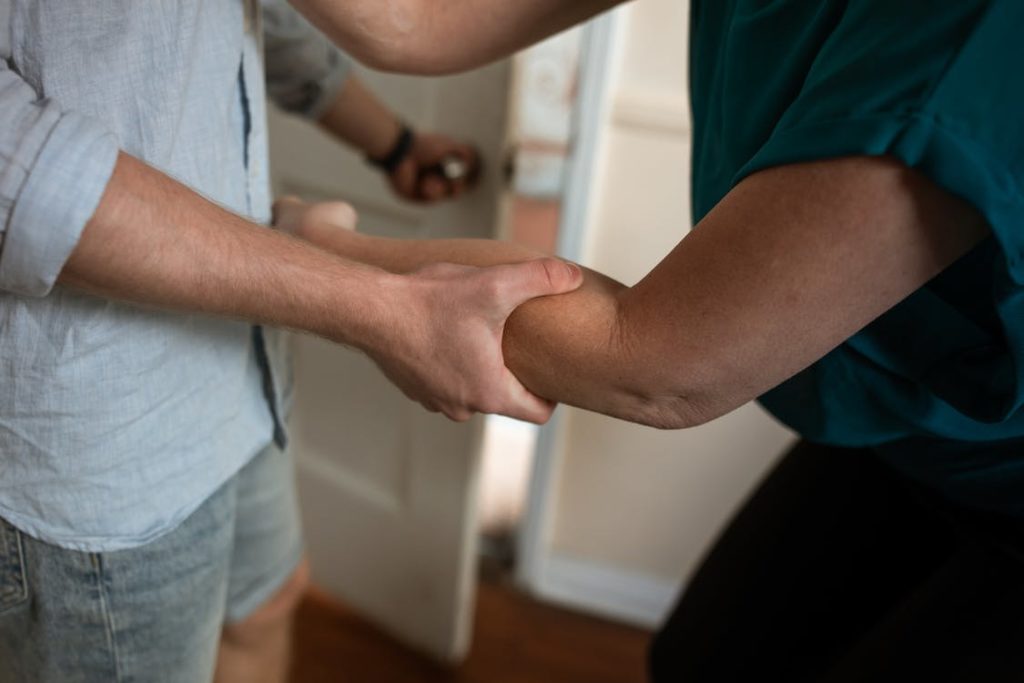According to The National Council For Behavioral Health, around 70% of adults in the U.S. have experienced some type of traumatic event at least once in their lives. This includes trauma experienced during childhood. Traumatic experiences during childhood are common and they can have profound consequences throughout a person’s life. In today’s blog post, we will take a look at the symptoms of childhood trauma and how to address them.
What Is Childhood Trauma?
Childhood trauma is also referred to as Adverse childhood experiences or ACEs. These terms are used to describe all types of abuse, neglect, and other potentially traumatic experiences that occur to people below 18 years of age. Trauma in children can also occur as long-term, repeated experiences like physical, sexual, and emotional abuse, family violence, and neglect. Trauma in children can also be acute or single incidents like life-threatening illnesses and natural disasters.
Whether chronic or acute, trauma during childhood affects the overall well-being of a person, even during adulthood. The next sections will give us an overview of how childhood trauma in adults manifests to be able to understand and address them for the better.

21 Symptoms Of Childhood Trauma In Adulthood
Survivors of childhood trauma will often find it hard to directly disclose their experiences. It may take years or even decades if they ever do so. However, they may exhibit conscious or subconscious manifestations of distress. These symptoms can be physical, emotional, behavioral, psychological, and cognitive.
Physical Symptoms
- Chronic pain
- Chronic fatigue
- Medically unexplained health conditions
- Tremors
- Sleep disturbances due to nightmares or flashbacks or insomnia
- Medical conditions resulting from maladaptive coping like alcohol and substance abuse
Emotional Symptoms
- Irritability or hyperarousal (always on-edge or easily excited)
- Emotional outbursts such as breaking down or explosive anger
- Mood swings like unresponsiveness to sudden outburst
Behavioral Symptoms
- Maladaptive coping mechanisms like substance use or disordered eating
- Avoidance
- Re-enacting unhelpful relationships from the past
- General difficulty in maintaining relationships
Cognitive Symptoms
- Inability to focus
- Memory loss
- False memories
Psychological Symptoms
- Recurring or chronic suicidal ideation or self-harm
- Depression, anxiety, and other mental health disorders
- Poor self-esteem
- Dissociation
- Flashbacks
Some of these symptoms of childhood trauma in adulthood are similar to other health conditions so it might be challenging to determine if these manifestations point to unresolved childhood trauma. Thus, it is important to constantly talk to a professional and get an evaluation.

7 Unique Signs Of Repressed Childhood Trauma In Adults
Trauma impacts our brains’ ability to form or store memories. This is especially true for children, due to the heightened plasticity of their developing brain. It can be an actual physical trauma to the brain, or it could be from your brain trying to protect you from the various effects of the traumatic experience. This results in trauma being repressed as your brain attempts to help you cope as a survivor.
As mentioned, signs of repressed childhood trauma in adults often align with other mental health conditions, but here are some of the unique symptoms.
- Childish Reactions
Trauma interferes with the way our prefrontal cortex develops, the part of our brains that regulates emotion and impulse control. Studies have shown that survivors of childhood trauma often have reduced activity in this part of the brain. On the other hand, there is an increased activity in the part of the brain called the amygdala, which is responsible for emotions. This change in the brain results in child-like reactions to upsetting situations, with the rational side of the brain underactive and the emotional brain overactive.
- Strong Unexplained Reactions To Specific People
If you ever feel immediately ‘off’ about someone, this may indicate a repressed trauma. Your body and mind signals you to avoid a certain person or group of people even if you don’t really know them. Your body may go into a protective mode or your mind might signal you to leave the situation immediately without pinning down why. This may be due to the person reminding you of someone who caused you harm in the past.
- Lack Of Ease In Certain Places
Similar to the previous point, feeling fear or anxiety can also be triggered by a place. Your mind remembers the smells, sounds, and colors of a location of previous trauma. Thus, it warns you about a similar place that activates your fight or flight response.
- Anxiety
Trauma almost always produces a constant state of anxiety as it causes hypersensitivity to threats in survivors. Adults who have repressed childhood trauma will always feel they are always defending themselves from danger.

- Intense Mood Swings
As mentioned in the previous section, intense mood swings are linked to childhood trauma. Issues with the prefrontal cortex result from trauma, which lead to difficulty in regulating emotions. Extreme emotional reactions like sudden outbursts of tears or anger or completely being unreactive during upsetting situations can be a sign of trauma repression.
- Attachment Issues
Traumatic experiences during childhood are often tied to the fear of abandonment. You may find yourself becoming intensely attached to another person and develop intense fear and anxiety about them leaving. This type of attachment causes instability in relationships, which makes maintaining personal relationships for childhood trauma survivors much more difficult.
- Inability To Cope with Stress
Trauma survivors are often unable to cope in normal stressful situations. A brain impacted by being in constant survival mode is distinctly vulnerable to the effect of stress no matter how ‘light’ it may be. Minor issues can trigger extreme distress in survivors.
Unresolved trauma negatively impacts day-to-day activities and the overall quality of life of a person. Knowing the signs to look out for is vital in taking the next steps to your recovery. In the next section, let’s talk about how to heal from childhood trauma.
How To Heal From Childhood Trauma
Symptoms of trauma can be addressed and treated and here are three common approaches used in trauma rehabilitation:
- Cognitive Behavioral Therapy: This therapy is used in addressing trauma by helping patients manage triggers and other issues by changing how they think and act.
- Eye movement desensitization and reprocessing (EMDR): This therapy involves recalling the details of trauma while making eye movements, usually by following the movement of your therapist’s finger.
- Exposure Therapy: Various types of exposure therapy like narrative exposure therapy and prolonged exposure therapy all aim to help people confront their fears. In this therapy, psychologists create a safe environment in which to “expose” individuals to the things they fear and avoid. Supervised exposure helps reduce fear and decrease avoidance.
- Medications: Often antidepressants are the most suited medication for people dealing with symptoms of trauma as they help reduce mood symptoms like anger, sadness, and worry. Other medicines can also be prescribed to help with troubles related to sleep and other symptoms.
Constant monitoring is also vital in recovering from trauma, especially complex post-traumatic stress disorder. Having a safe environment where the patient can get constant support will also definitely help.
Finding The Best Treatment For Childhood Trauma
Survivors of trauma sustained during childhood have unique needs because of their specific experiences. Here at Roots Through Recovery, we understand that the unique values and aspects of this condition are vital in providing superior support.
If you are looking for specialized trauma-focused treatment, we are here to help. Here at Roots, we stay away from a cookie-cutter view of creating treatment plans for our patients, and we approach your recovery based on your specific situation, needs, and goals. Embrace the culture of wellness with us at Roots, located at the heart of Long Beach–a city that offers a diverse community for healing the mind, body, and spirit. Come visit us at 3939 Atlantic Ave, Suite 102 Long Beach, CA 90807, or call 562-249-5731 for immediate assistance.




